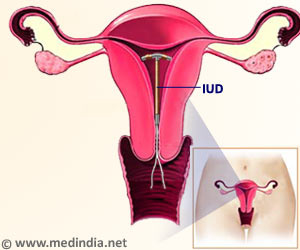Ravgen Inc., a U.S based company promises a test that will spare the risks and trauma of intrusive prenatal tests.
Ravgen Inc., a U.S based company promises a test that will spare the risks and trauma of intrusive prenatal tests.
The company has come out with a procedure that can be described as revolutionary; a prenatal test that searches for chromosomal abnormalities through a non-invasive procedure; a simple blood test.Says Ravinder Dhallan, lead author of the study and the head of Ravgen 'Right now in the market there is no test available that can reliably do what we do in this study which is, without needing any invasive procedure, to determine whether a baby has an abnormality or not.' The findings are published in the medical journal The Lancet.
The American College of Obstetricians and Gynecologists has suggested the option of genetic screening for all pregnant women though genetic screening is usually carried out for older women. This is because the risk for having a baby with chromosomal abnormalities is known to increase proportionately with age.
Amniocentesis- the most common test used for identifying genetic disorders in pregnant women is usually carried out after 13 weeks in pregnant women.
Down’s syndrome, a commonly seen chromosomal aberration is found in 1 in 400 babies. Prenatal tests like amniocentesis and chorionic villus sampling (CVS) and are carried out to screen for this genetic disorder. Both tests can be described as highly intrusive as they involve the sampling of placenta tissues and amniotic fluid.
Amniocentesis involves inserting a fine needle into the womb and drawing up amniotic fluid. Major drawbacks include the risk of miscarriage as well as the pain and trauma associated with the procedure.
Advertisement
The blood is then examined for fetal DNA content. As this amount is very small the scientists worked on this problem by treating the samples with formaldehyde, which led to the multiplication of DNA.
The test was performed on 60 pregnant women. The test proved accurate in 58 of these cases and reported two misdiagnoses.
Writing in the Lancet, Alexandra Benachi and Jean-Marc Costa, of Paris-Descartes University, said the test was promising, and 'opens a new era in prenatal screening' though 'Some technical issues still need to be overcome.'
Source-Medindia
ANN









